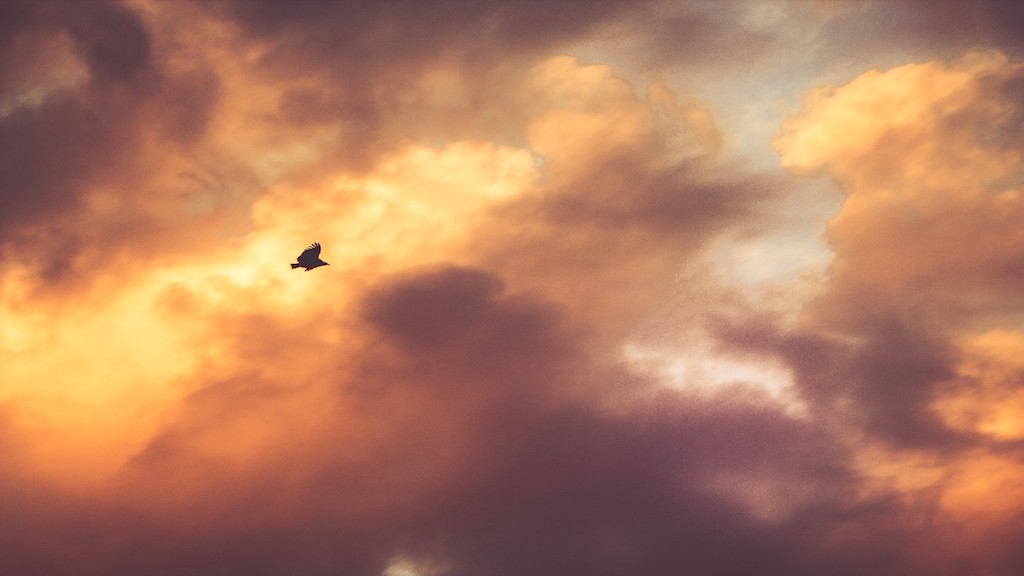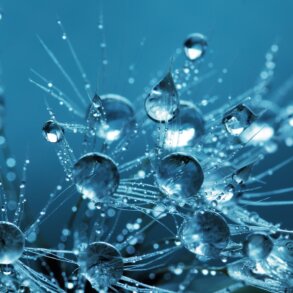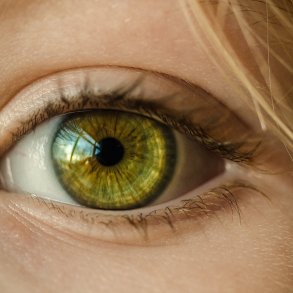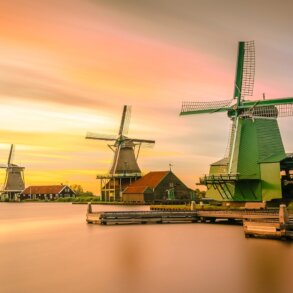Written by Ash Buchanan originally published in Age of Awareness
“In the past, education was mainly about teaching people something. Now it’s about making sure individuals develop a reliable compass, and the navigation skills to find their own way in an increasingly uncertain, volatile and ambiguous world.” — Andreas Schleicher (OECD)
It’s no question that the demands on people today are changing rapidly. A generation ago, people could expect what they learnt at school would last them a lifetime.
Today we can’t be so certain.
We live in an increasingly and profoundly disruptive world. It’s a time when people need to prepare themselves for a future where we don’t know how things will unfold. A time when intelligence and talent is no longer enough to guarantee resilience and flourishing in the years to come.
So how do we foster human development in the face of the unforeseen challenges of tomorrow? How do we prepare people for jobs that have not been created, to use technologies that haven’t been invented, and to respond to social problems that have not yet arisen? And how do we empower people with the skills to work together to co-create a flourishing global society?
Developing 21st century navigation skills
‘The greatest danger in times of turbulence is not the turbulence — It is to act with yesterday’s logic.’ — Peter Drucker
A few weeks ago, I wrote about how a growing community of change makers were using a new psychology — a Benefit Mindset — to purposefully find their way in an increasingly complex world. The article explored some of the popular pathways these everyday leaders were using to develop their navigation skills, such as undertaking leadership fellowships, and joining collaborative community groups.
In this article, I will look more explicitly at how these everyday leaders are developing themselves and finding direction in the face of rising complexity. Because what these change making pioneers are doing is more than simply discovering their talents.
More specifically, these everyday leaders are learning how to access a deeper level of their humanity, together with a deeper level of our collective wisdom to guide their efforts. As summarised by Alan Watkins in 4D Leadership, they are simultaneously developing themselves in three fundamentally different dimensions — in how their being, unfolds with what they are doing, with how they are relating contextually. Furthermore, as highlighted by Mark Bradford’s BeWeDō approach, they are learning the art of being — in action — in relation.
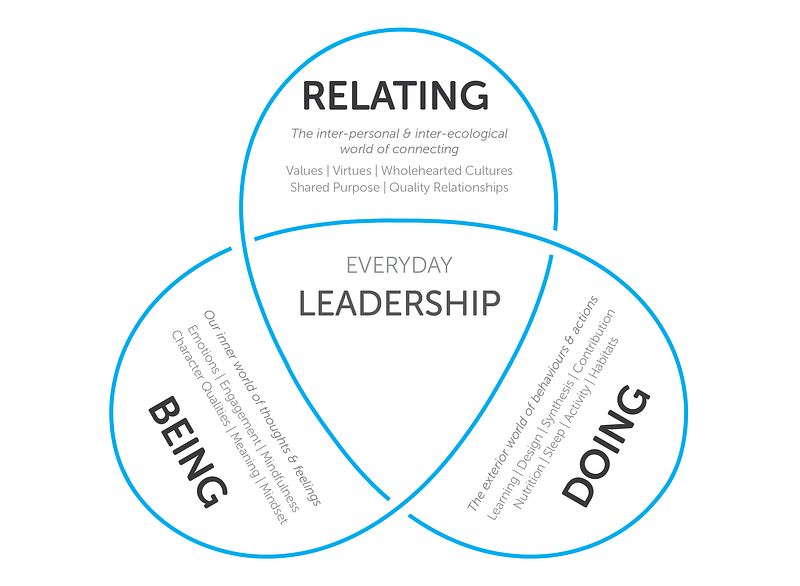
If we want people to be able to purposefully navigate themselves in an uncertain and complex world, the future of human development best broadens its scope to encompass all three of these dimensions.
Being: Connecting with ourselves
Our inner world of thoughts and feelings
Developing a reliable navigation system starts in our inner world, in our being. It’s about cultivating an ability to get in touch with who we are — our thoughts, feelings, values and higher purpose — and being willing to let ourselves be fully seen. Unless you are able to tune into and embody your unique qualities, it’s difficult to be true to yourself when responding to rapidly changing situations.
At its heart, our being is rooted in how we show up in the world. What does it mean to show up fully with our whole self? Who is the human being that turns up to do the doing? How do we celebrate our uniqueness? How present and aware we in our daily activities? What quality of energy do we radiate? How open are we to challenging our taken-for-granted assumptions? How healthy and well is our being? And how imaginative are we at forming new intentions about what could be different in our world?
In short, if people want to have an authentic compass, getting in touch with what is going on in their inner life matters. And while there will always be a need for traditional academic education, expect to see increased emphasis placed on this kind of self-learning.
Relating: Connecting with others, nature and the future
The inter-personal and inter-ecological world of relationships
In addition to our inner world of being, there is the often overlooked fact that we live in a profoundly interconnected world. We are both separate and connected to everything else in this universe. Therefore, the only way to appreciate what could be meaningful and good in the world is by consciously connecting with the wisdom of others, nature and the future.
This is where cultivating good interpersonal skills such as listening, empathy, trust, compassion and facilitation are vital. As are skills for relating with people from diverse and potentially conflicting perspectives and values. Because its only through high-quality relationships that we can genuinely learn how to collectively mobilise ourselves with shared purpose.
At is core, the world of relating is about learning how we can show up fully — together. How can diverse people come together with nature in ways that are both meaningful and mutually-beneficial? How can we best organise ourselves to respond to increasing levels of uncertainty? How can we deepen our collective capacity for mutual care? How can we wholeheartedly come together and best respond to the needs of each other, nature and the future? And how do we find the courage and willingness to invest in relationships when there are no guarantees?
Relating is also about asking evolutionary questions like; what does it mean to be human? What can we learn from the wisdom of nature? What does it mean to live in a regenerative world? And how can we best partner with nature in a way that leaves the world in a better condition than we found it?
Make no mistake, relating is vulnerable work. It’s one of the most difficult things people do. Which is precisely why it’s so important we learn the art of cultivating high-quality relationships.
Doing: Sustaining and co-creating in concert
The exterior world of behaviours and actions
Finally, turbulent times demand new ways of working to sustain and actualise new potential. We can no longer rely on the supposed ‘robust’ and ‘proven’ patterns of the past. Instead we need to learn how to innovate and adapt on the fly with new, novel approaches for both work and life.
This is where 21st century co-creative skills like design thinking, prototyping, systems thinking and collaborative practices are valuable. This includes an ability to draw on the wisdom of groups, to connect the dots between broad disciplines of knowledge and co-create highly adaptive responses to emerging challenges.
In effect, we are entering a new global era where talent and expert knowledge is no longer enough to guarantee performance. It’s challenging us to learn how we can work better together, to synthesise broad areas of knowledge and reinvent how we do everything.
Underpinning this co-creative work is meeting our basic human needs. It’s pretty hard to innovate if we can’t also sustain our wellbeing with good nutrition, sufficient sleep, regular exercise, healthy environments and a living wage.
Finding our way — in concert with society and global ecosystems
Nowadays, people are really good at imagining all of the amazing things humanity can do. But what if we used those same imaginative abilities to explore the depths of our being, and the unbounded potential of high-quality relationships.
The key takeaway is this; rising complexity is challenging everyone, more than ever before, to be true to who they are and discover how they can play a valuable role in the healthy functioning of our global society and natural ecosystems.
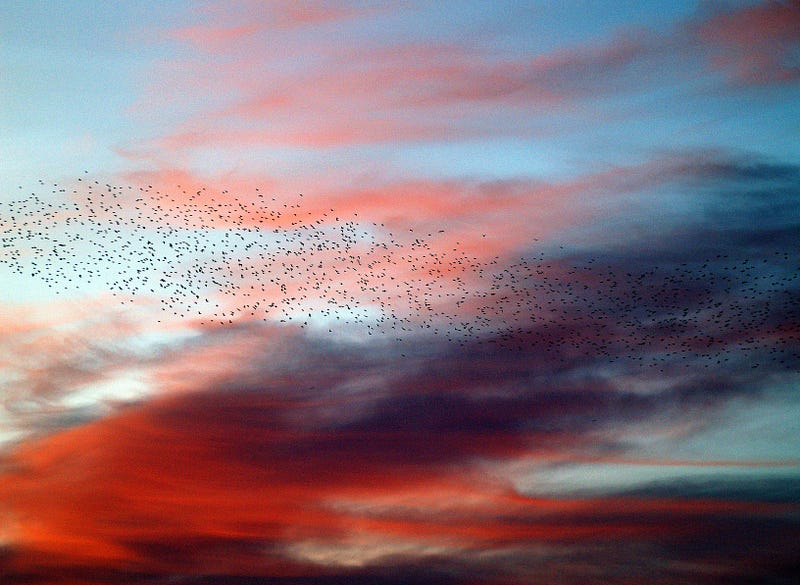
Developing in any one of these three dimensions — being, relating or doing — is not enough in and of itself to guide us in through uncertainty. If we want to give future generations the best opportunity to thrive in the years to come, they need navigation skills in all three dimensions.
This means reimagining what is possible in education and human development.
Reimagining education
Present day education is pretty good at teaching us how to do the things we do. But what if, in the words of Dan Pallotta, education also gave us the skills to sense and actualise the full potential of our being. Education that freed people to become the truest expression of themselves. And what if, following in the wisdom of Brene Brown, education taught us how to wholeheartedly relate with others and nature more deeply than we ever have before.
Because the thing is — the beauty is in the unity. It’s in knowing how to boldly sense, embody and actualise potential in three dimensions simultaneously. How we can be more human, more connected, and more co-creative — together.
Just imagine what would be possible if more people had the opportunity to learn these 21st century navigation skills. Imagine if we had whole generations focused on the development of our collective humanity. Imagine if the whole education system embodied the potential of whole person and whole planet flourishing.
That’s a world I’d love to live in.
Featured Image/Graphic link added by Enlivening Edge Magazine.
